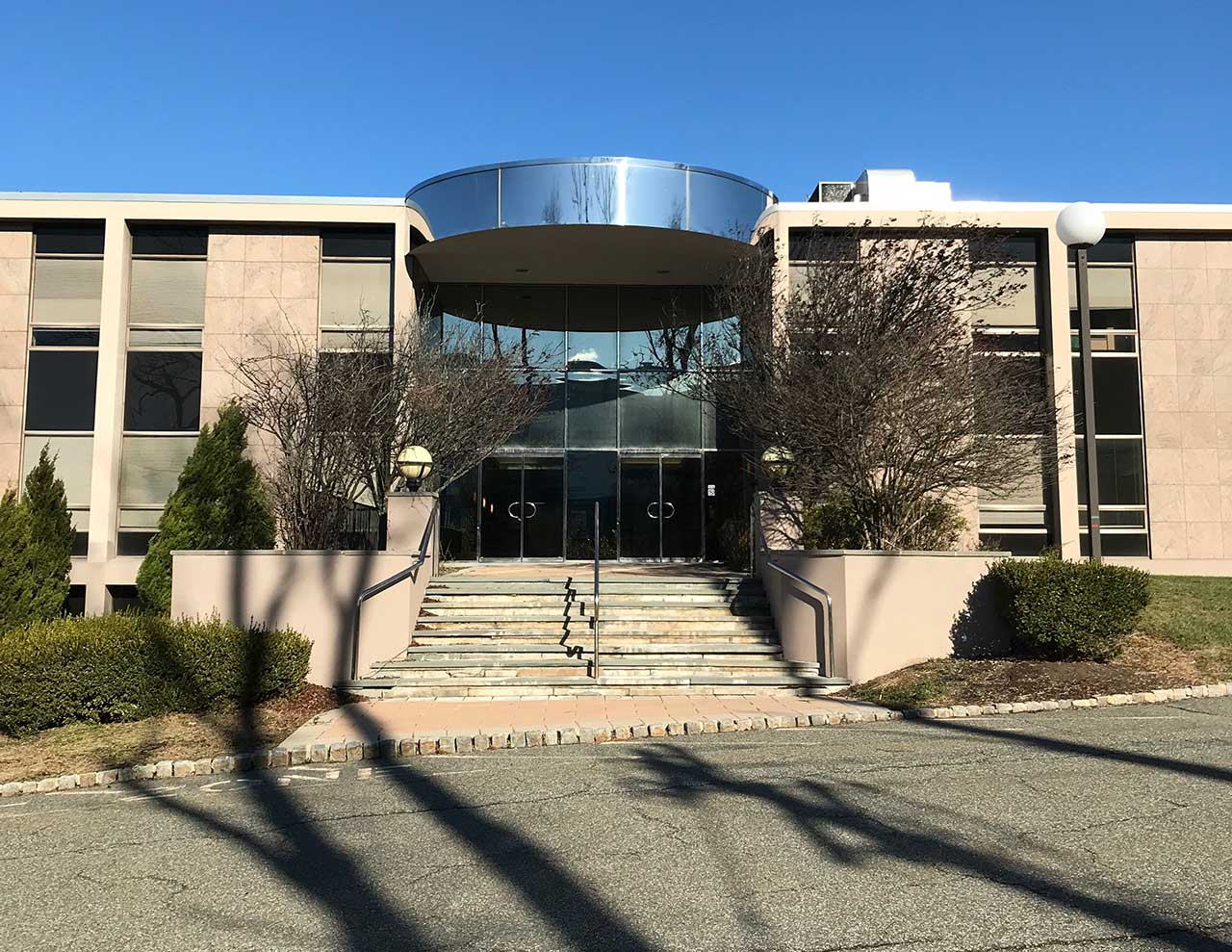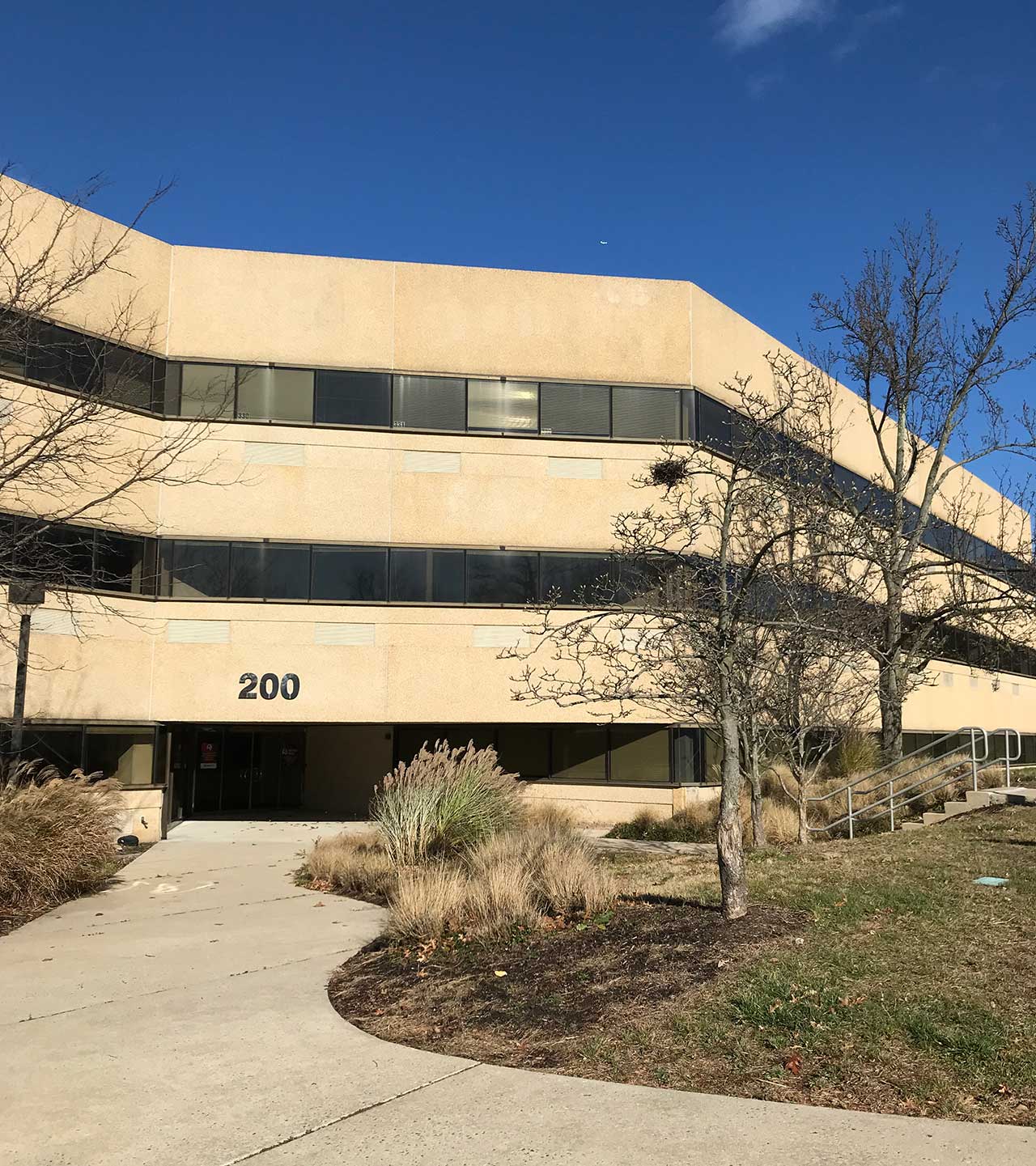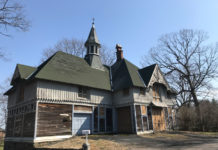
In the face of growing concern over a redevelopment plan that could line the pockets of a developer with millions in taxpayer dollars, the West Orange town council passed a resolution this week to designate an office park an “area in need of redevelopment.”
The 4-1 vote stands at odds with the wave of public criticism during the meeting against the designation, which paves the way for a windfall tax abatement.
“Despite the overwhelming opposition to this plan, you’re going full steam ahead,” said a resident. “That’s really weird and it begs the question — why are you doing it?”
The ongoing controversy over Executive Drive Office Park — which includes 100 Executive Drive, 200 Executive Drive, and 10 Rooney Circle — began about a year ago when the town council first approved a proposal to grant the owner a 30-year tax abatement. An appellate court, however, struck down the resolution on the grounds that the office park didn’t currently meet the criteria of the law.

Mayor Robert Parisi has made no secret that the project, which could include a state-of-the-art public library, would be a keystone of his third term. In fact, on the same day the appellate court issued its ruling, Parisi took to Facebook vowing to “re-do the process” while leveling broadsides at Kevin Malanga, the attorney who argued the case.
“This does not derail the project … just another delay to advancing the town,” Parisi wrote. “Mr. Malanga has sued the town five or six times; I suppose it was only a matter of time before he actually won one.”
Parisi was true to his word. The town council, 11 days later, passed a resolution allowing the planning board to again review the matter.
The town hired Susan Gruel, an eponymous partner at Heyer, Gruel & Associates, who argues in her study that the office park not only meets the criteria for the redevelopment law, but also that in the commercial real estate market, consumer tastes have changed since the pandemic, rendering the buildings “functionally obsolete,” while also noting the presence of snakes, raccoons, and mold.
The purpose of the redevelopment law, which was passed by the state legislature in 1992, was to let municipalities assist developers redeem properties so far gone that they couldn’t have been saved without public intervention.
Over the years, the courts have narrowed the definition of the law. Still, critics argue that developers utilize a loophole that perversely affects communities by allowing owners to capitalize on short selling once they become eligible for a payment in lieu of taxes, or PILOT.
“Wealthy developers, who clearly have the resources to make improvements, are using the law to get huge cost savings from the PILOT, mostly with projects they would have done anyway,” said Councilman Joe Krakoviak recently while speaking to local environmental advocacy group Our Green West Orange.
“The benefits are so huge that a developer literally can buy a property, make no improvements, let it lie fallow for years, in order to build support for the claim that the property is blighted and has to be redeveloped,” said Krakoviak, who cast the lone dissenting vote.
Cross-examining Gruel during Tuesday’s council meeting, Krakoviak asked whether the properties were “irredeemably lost” or if the owner could salvage them with investment.
“I didn’t come to that conclusion either way,” Gruel responded, explaining it was not the scope of her report. “I know that they’re functionally obsolete and clearly the market considers that as well, and the state legislature considers that.”
Gruel believes that Executive Drive is a quintessential example of what urban planners call “grayfields,” which are isolated suburban plazas that have fallen out of favor for more walkable downtowns, and now sit abandon in a sea of “gray” asphalt, hence the name.
Now, whether the Executive Drive vacancies were the result of obsolescence or “manufactured” neglect was the major sticking point during the council meeting.
In fact, as Jersey Digs reported last month, public objectors testified during the November planning board meeting that those vacancies were “manufactured.” A resident even claimed that he was told in 2016 that the landlord wasn’t leasing to new tenants.
“That was not an important consideration in light of the statutory criteria,” said Gruel, insisting that the purpose of the study was merely to assess whether the properties currently met the standards for the redevelopment law, which they did in her estimation.
Perhaps the most frequent fear expressed by residents at the meeting is that that their rising property taxes are being used to subsidize sweetheart deals to “slumlords.” One memorable rhetorical question poked fun at the sort of laws that reward neglect.
“If I let my house fall apart,” asked one resident, “can I get the town to pay to fix it up?”
Related:
- 70-Unit ‘West Village’ Complex Planned Opposite West Orange’s Turtle Back Zoo
- Town Center Style Redesign Planned For West Orange’s Essex Green
- New 173-Unit Development with Dog Run and Retail Space Proposed for Orange


